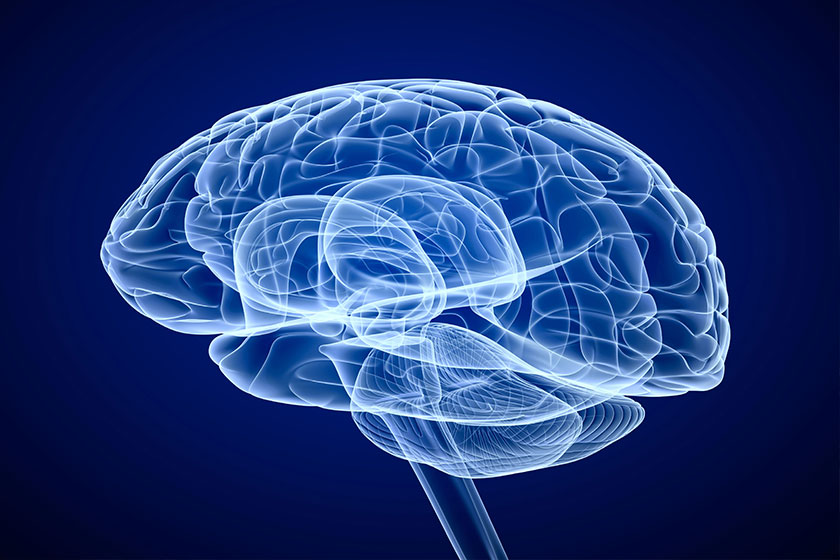Alzheimer’s disease, a progressive neurodegenerative disorder, increasingly impacts individuals as they age. With the growing interest in retirement community living, understanding the diagnostic tests available for Alzheimer’s disease is crucial. This article deep dives into the various types of diagnostic tests, providing insights for those exploring their options in retirement communities.
The Importance of Early Diagnosis
Early diagnosis of Alzheimer’s disease can significantly influence the management and planning for individuals considering a transition to a retirement community. It allows for timely intervention, ensuring that the individual receives appropriate support and care. Early detection also offers families and individuals more time to make informed decisions about future living arrangements and care needs.
-
Cognitive and Memory Assessment Tests
One of the initial steps in diagnosing Alzheimer’s disease involves cognitive and memory assessment tests. These tests evaluate an individual’s memory, problem-solving skills, attention span, counting skills, and language abilities. They are non-invasive and can provide essential insights into cognitive functions. Health care professionals often use these assessments to gauge any decline in cognitive abilities over time.
-
Neurological Examinations
Neurological examinations are pivotal in the diagnostic process for Alzheimer’s disease. These examinations assess nerve function, muscle strength, movement coordination, reflexes, and sensory perception. Neurologists might also evaluate an individual’s gait and posture. These tests help rule out other conditions that might cause symptoms similar to Alzheimer’s disease.
-
Brain Imaging Techniques
Advanced brain imaging techniques have become increasingly important in diagnosing Alzheimer’s disease. These include:
Magnetic Resonance Imaging (MRI): MRI scans are used to rule out other conditions that might cause symptoms similar to Alzheimer’s disease and to look for patterns of brain atrophy.
Computed Tomography (CT): CT scans provide detailed images of the brain, which can help detect abnormalities or changes that might indicate Alzheimer’s disease.
Positron Emission Tomography (PET): PET scans are used to examine brain activity and are particularly useful in identifying changes in brain function.
These imaging tests are crucial in providing a more detailed understanding of the brain’s condition and the progression of Alzheimer’s disease.
-
Blood Tests and Biomarkers
Recent advancements have led to the development of blood tests that can detect biomarkers associated with Alzheimer’s disease. These biomarkers include specific proteins and other substances that might indicate the presence or risk of developing Alzheimer’s disease. While still an emerging area, blood tests offer a less invasive method for early detection and monitoring of the disease.
-
Psychological Evaluation
A psychological evaluation can also be an integral part of diagnosing Alzheimer’s disease. This evaluation typically involves a detailed discussion with a psychologist or psychiatrist to assess mood, mental health, and behavior. Understanding the psychological impact of Alzheimer’s disease is essential, as it can significantly affect an individual’s quality of life.
-
Genetic Testing
Genetic testing can provide information about an individual’s risk of developing Alzheimer’s disease, particularly in cases with a family history of the condition. However, it is important to approach genetic testing with caution, as it may have implications for future health insurance and medical care.
-
Electrophysiological Testing
Electrophysiological testing, such as Electroencephalography (EEG), is used to record the electrical activity of the brain. In some cases of Alzheimer’s disease, EEG can reveal abnormalities in brain wave patterns. Although not a definitive test for Alzheimer’s, it can help differentiate the condition from other brain disorders.
-
Cerebrospinal Fluid (CSF) Analysis
Cerebrospinal fluid analysis involves collecting and examining the fluid that surrounds the brain and spinal cord. This test looks for specific biomarkers that are indicative of Alzheimer’s disease, such as abnormal levels of beta-amyloid and tau proteins. CSF analysis can be particularly helpful in distinguishing Alzheimer’s from other types of dementia.
-
Functional Assessment
Functional assessments are critical to understand how Alzheimer’s disease affects daily living activities. Healthcare providers assess the individual’s ability to perform routine tasks, which helps in determining the level of care and support needed. This assessment is particularly valuable for families considering a move to a retirement community, as it provides a realistic view of the individual’s capabilities and needs.
-
The Role of Lifestyle and Risk Factor Assessment
In addition to medical tests, evaluating an individual’s lifestyle and risk factors is becoming increasingly important. Factors such as diet, exercise, social engagement, and cognitive activities can play a significant role in the onset and progression of Alzheimer’s disease. Understanding these aspects can aid in developing a comprehensive care plan, particularly for those transitioning to a retirement community setting.
Contact us today for more insights on Alzheimer’s disease. Understanding the various diagnostic tests for Alzheimer’s disease is essential for those exploring retirement community living options. Early detection and a comprehensive assessment can lead to better management of the condition, significantly impacting the quality of life. As research progresses, these diagnostic methods continue to evolve, offering hope and guidance for individuals and families dealing with Alzheimer’s disease.







